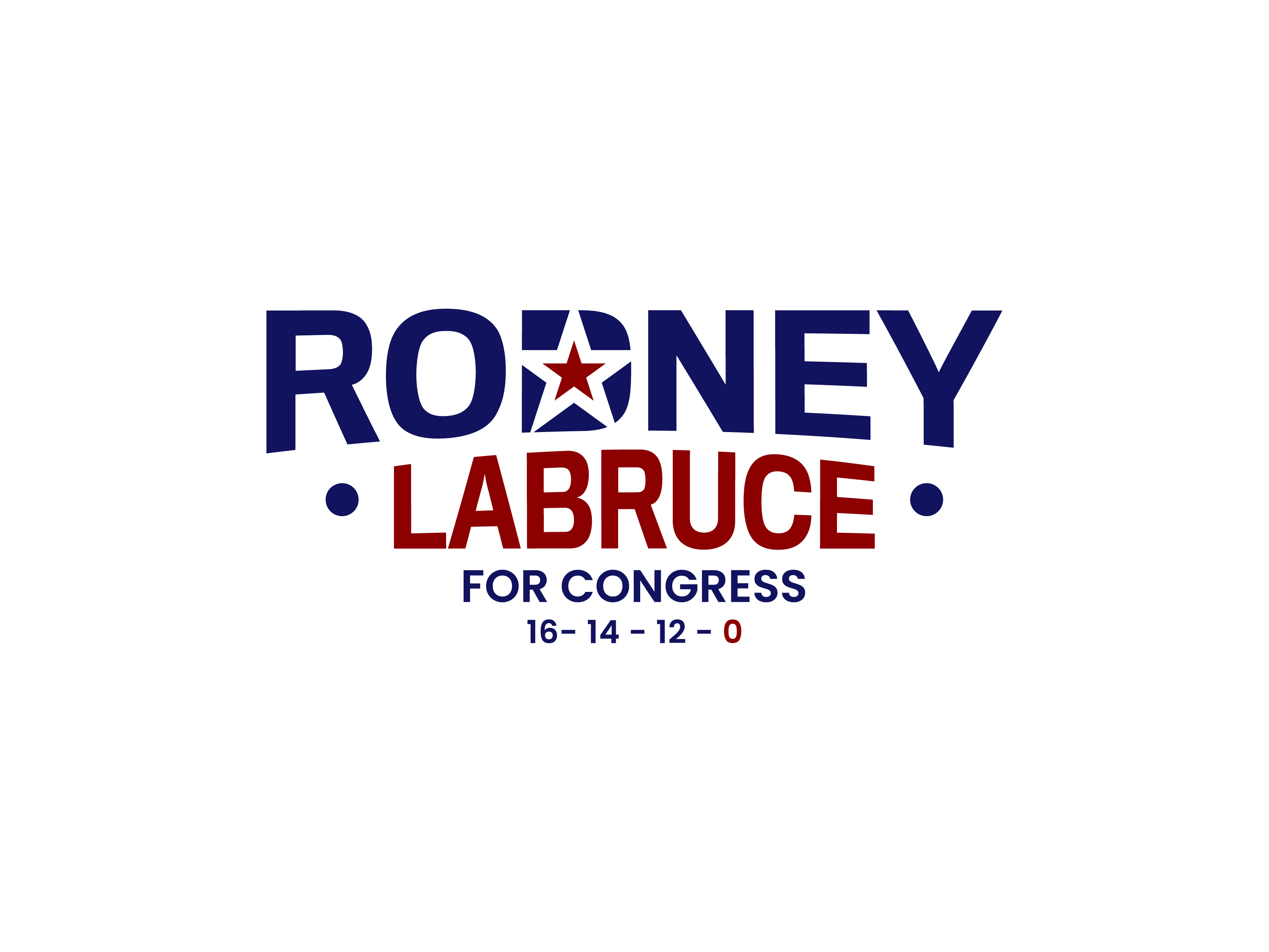Who Do You Want on That Wall?

By Rodney LaBruce
“Lynch mobs aren't attractive, and they don't get any better just because they are made up of good guys." This was Ben Bernanke's response to criticism during the House Financial Services Committee hearing on March 24, 2009.
As the former Chairman of the Federal Reserve, Bernanke was defending the Fed's role in the financial crisis of 2008, particularly the bailout of AIG (American International Group). Congresswoman Maloney and other committee members grilled Bernanke on the Federal Reserve’s decisions, especially regarding the significant financial support provided to AIG during the crisis.
For those who weren’t born yet or didn’t fully grasp what was happening at the time, this marked the beginning of extremely turbulent times in the global economy. The crisis was primarily triggered by the bursting of the U.S. housing bubble, which nearly led to the collapse of the global economy. Several financial giants went bankrupt, and many more teetered on the brink. Stock markets around the world plummeted, with the Dow Jones losing more than 50% of its value in less than two years.
The erosion of trust in the financial system quickly spread to the banks. The real concern was that depositors would panic, rushing to withdraw their savings. If enough people demanded money that the banks simply didn't have on hand, it could have led to widespread bank bankruptcies.
We were extremely close to financial ruin during the crisis. The collapse of key financial institutions, the freezing of credit markets, and the loss of confidence in the financial system brought the world to the brink of a catastrophic economic collapse —a collapse so severe that recovery would have seemed impossible.
In moments like these, when disasters strike unexpectedly, you don't just want—you expect—to have your best and brightest at the ready to bring swift resolution. These are the moments that highlight the importance of our choices in the November elections. We must choose the right person to represent us when critical decisions are on the line.
Does it matter if they're tall or short, have facial hair, or can deliver a powerful speech? What truly matters is whether they have a solid understanding of the issues at hand.
This is likely why we hold those with law degrees in high esteem. After all, they are seen as the ones establishing laws. However, what most people don't realize is that congressmen and women aren’t the ones actually writing the laws. The Senate and House of Representatives have dedicated committees with lifelong staffers who take the ideas of congressmen and transform them into the precise legal language that shapes our laws. So, being an attorney doesn’t necessarily bring any special advantage in this process.
You might think it’s crucial to at least have someone with a legal background to ask the important questions during committee hearings. You then realize that it’s the staff—not the congressman—who conducts the research and drafts the questions being asked. It’s the answers provided in these moments that lead to the ideas that are later turned into law.
To be a congressman, you don’t need to write laws or even ask the questions that shape them. I’m not here to diminish the value of the legal profession within the legislative branch. My point is simply that diversity brings strength.
When Ben Bernanke appeared before the House Financial Services Committee on March 24, 2009, we truly needed representatives who were deeply knowledgeable about the complexities of financial markets.
In Act of Congress, Robert G. Kaiser notes that only ten out of the seventy-one committee members had the expertise to fully understand the intricacies of the financial crisis and the legislative measures being considered. This lack of understanding posed a serious challenge during the most significant economic crisis of our lifetime, undermining the quality of oversight and the effectiveness of the legislative process at a critical moment in U.S. history.
When the next crisis comes, who do you want sitting on that committee, a mob of good guys, or someone truly knowledgeable and capable of asking their own questions?
